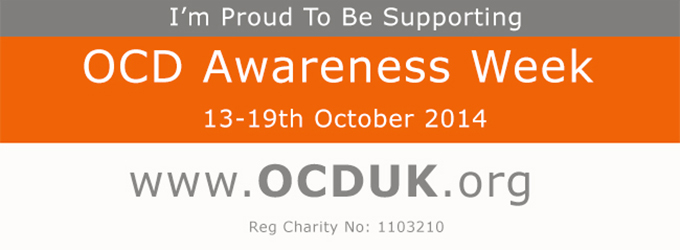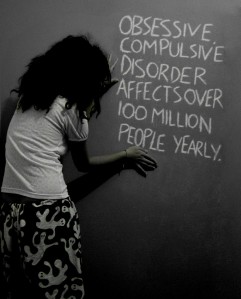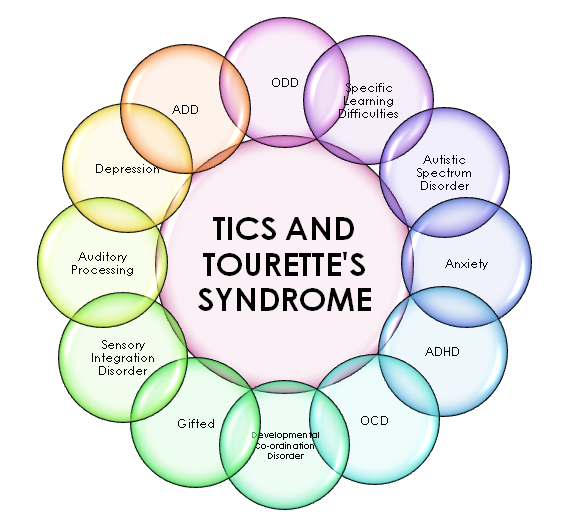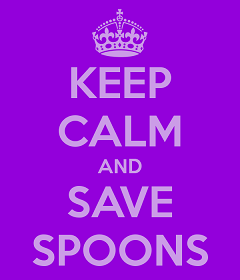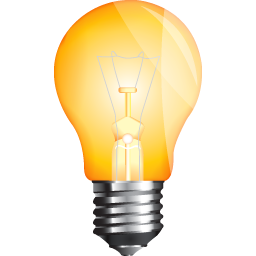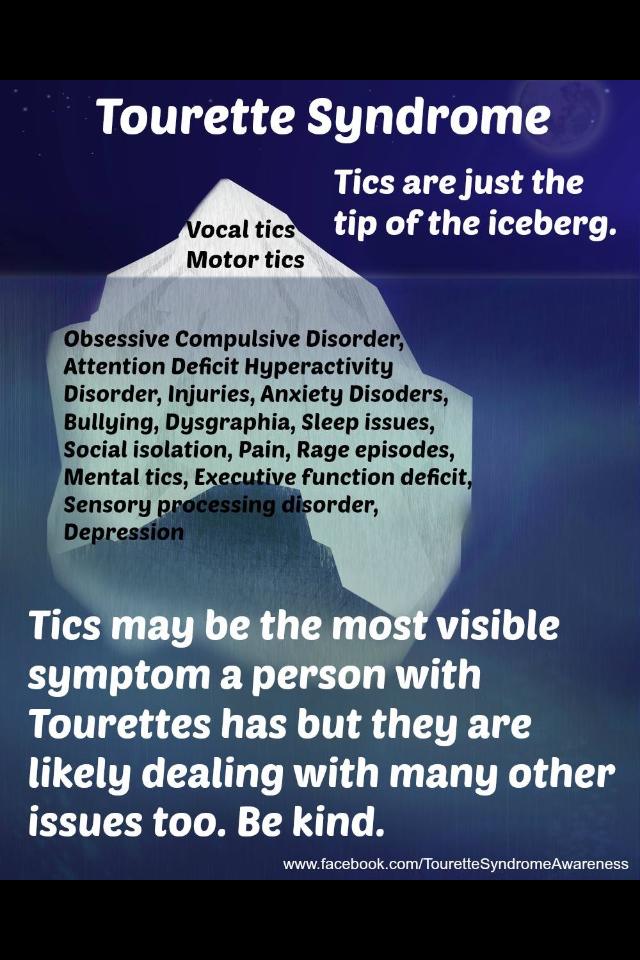So, I started work again yesterday, or at least 50% of work for a couple of weeks.
I can’t say it feels good to be back in the office, though it does feel good not to be signed off sick any more and claiming money for not doing anything.
Yes, I know, I was sick, and that’s why we have a social safety net. This was one of the biggest problems for me though – I couldn’t seem to allow myself to feel OK about claiming sick pay for a mental illness. I suspect this comes from years of indoctrination via various media that mental illness of any kind is not “real” illness, and stress and anxiety are just things that weak people suffer from. Lets not even get into what “hitting the wall” or “having a nervous breakdown” must say about my useless persona.
If it happened to anybody else I would be telling them the exact opposite of these things, but it happened to me, and I can’t seem to do that.
What I would like to do-now that I’m feeling able to string a couple of sentences together again-is remind people to pay attention to what their body is telling them. There are a myriad symptoms of stress, and it’s best to listen when they start to show up. Trying to “push through them” because it’s “just a tough week” and “it’ll get better soon” will only result in you landing in the same place that I did. Maybe not soon, but eventually.
Your body knows what it’s talking about, and it talks through these symptoms.
Having had a lot of time to think, I’m pretty sure I’ve been under an increasing amount of stress for about the last 13 years. Every time things have got bad I’ve tried to push on through, which only has the effect of increasing the stress level I regard as “normal”. When things have got too bad, I’ve changed job, which has helped for a while, but isn’t exactly a long term strategy (not when you have to start explaining a row of jobs that lasted less than 2 years each on your CV).
So please, please, please. Read through the list. If you find you have a fair number of these then stop and evaluate your life. Slow things down a bit before your body decides it’s going to do it for you.
Here is a fairly comprehensive list, taken from here: http://www.stress.org/stress-effects/
- Frequent headaches, jaw clenching or pain
- Gritting, grinding teeth
- Stuttering or stammering
- Tremors, trembling of lips, hands
- Neck ache, back pain, muscle spasms
- Light headedness, faintness, dizziness
- Ringing, buzzing or “popping sounds
- Frequent blushing, sweating
- Cold or sweaty hands, feet
- Dry mouth, problems swallowing
- Frequent colds, infections, herpes sores
- Rashes, itching, hives, “goose bumps”
- Unexplained or frequent “allergy” attacks
- Heartburn, stomach pain, nausea
- Excess belching, flatulence
- Constipation, diarrhea, loss of control
- Difficulty breathing, frequent sighing
- Sudden attacks of life threatening panic
- Chest pain, palpitations, rapid pulse
- Frequent urination
- Diminished sexual desire or performance
- Excess anxiety, worry, guilt, nervousness
- Increased anger, frustration, hostility
- Depression, frequent or wild mood swings
- Increased or decreased appetite
- Insomnia, nightmares, disturbing dreams
- Difficulty concentrating, racing thoughts
- Trouble learning new information
- Forgetfulness, disorganization, confusion
- Difficulty in making decisions
- Feeling overloaded or overwhelmed
- Frequent crying spells or suicidal thoughts
- Feelings of loneliness or worthlessness
- Little interest in appearance, punctuality
- Nervous habits, fidgeting, feet tapping
- Increased frustration, irritability, edginess
- Overreaction to petty annoyances
- Increased number of minor accidents
- Obsessive or compulsive behavior
- Reduced work efficiency or productivity
- Lies or excuses to cover up poor work
- Rapid or mumbled speech
- Excessive defensiveness or suspiciousness
- Problems in communication, sharing
- Social withdrawal and isolation
- Constant tiredness, weakness, fatigue
- Frequent use of over-the-counter drugs
- Weight gain or loss without diet
- Increased smoking, alcohol or drug use
- Excessive gambling or impulse buying

